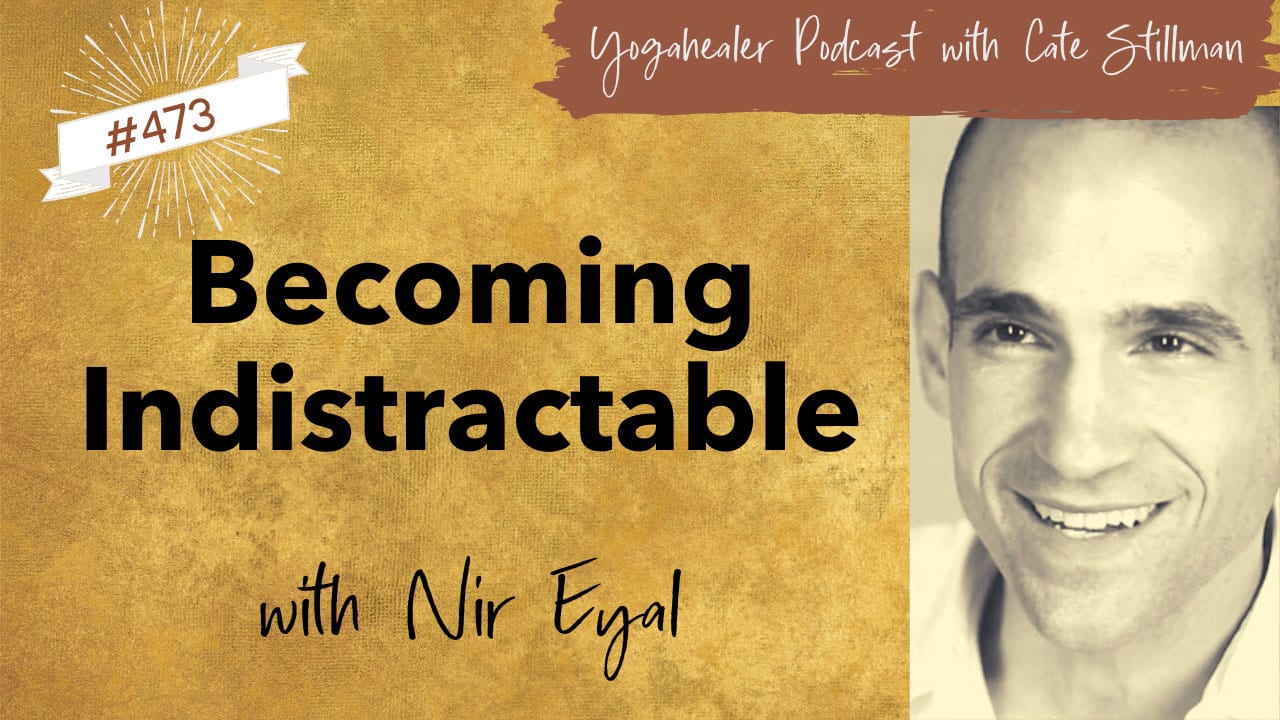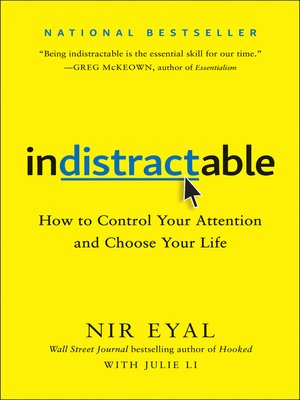

Without discontentment, we wouldn’t look for further benefits or advances.įour psychological factors make satisfaction temporary:īeing indistractable is not about escaping from discomfort through distraction.

To ensure our survival, we’re evolutionarily wired to feel easily dissatisfied. Zoe Chance, a Professor of Yale University, escaped the pain of her impending divorce by racking up Striiv points on her pedometer. However, you can’t call something a “distraction,” unless you know what it is distracting you from.īeing indistractable, then, is about finding the root cause of distraction, rather than blaming proximate causes. If a behavior was previously effective at providing relief, we’re likely to continue using it as a tool to escape discomfort. Key Takeaway“Being indistractable means striving to do what you say you will do.”Īll motivation is a desire to escape discomfort. We can be indistractable by learning and adopting four key strategies: Being indistractable, according to Eyal, is about understanding the real reasons why we do things against our best interests. Living the good life requires not only doing the right things but also not doing the things we know we’ll regret. To prevent distractions with pacts, plan for when you’re likely to get distracted, make unwanted behaviors more difficult, and call yourself “indistractable.”.To hack back external triggers, defend your focus, send fewer emails, get in and out of group chats at scheduled times, and turn off desktop and mobile notifications.To make time for traction, turn your values into time, schedule time for yourself and important relationships, and sync your calendar with stakeholders.



 0 kommentar(er)
0 kommentar(er)
